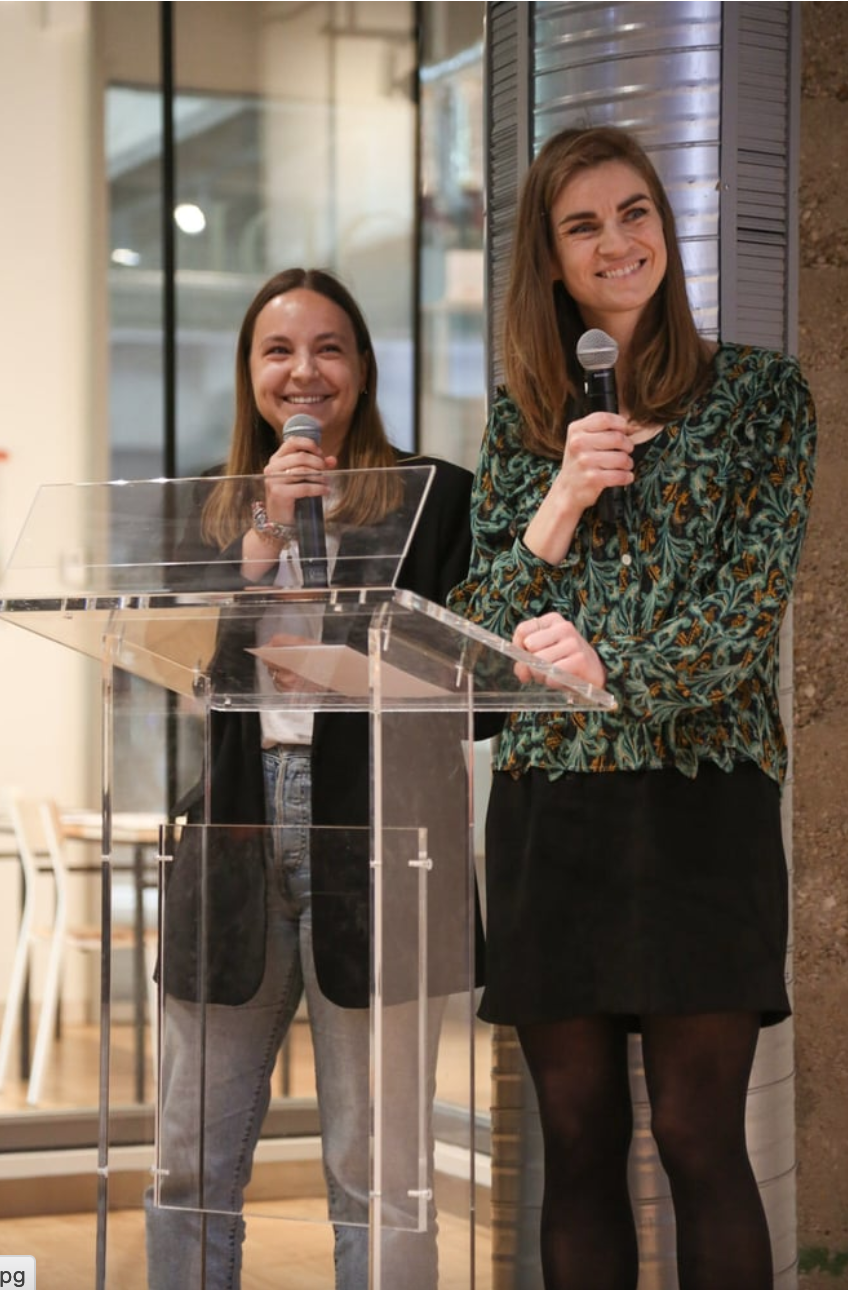
On April 3, during a day dedicated to the environmental and social responsibility of fashion companies at the French Fashion Institute, Noémie Desmaison of Tri-O Greenwishes and Albane Mazoyer of Icare presented the first findings of their study.
What is very positive is that the shop teams are very involved in the process. Some had no established process,” explains Noémie Desmaison of Tri-O Greenwishes. We need to support the teams in setting up the process and work on sharing the collection with the shops. We see that all the shops want to continue the action”.
Then, the question that arises is over-sorting and reporting, in order to know if the products, in particular hangers, can be reused initially. One of the obstacles to this option is that most hangers are branded… which does not really allow for reuse. The other option is recycling. We have an open-loop recycling option for hangers,” says Albane Mazoyer of Icare. The diversity of materials does not allow for a homogeneous approach, with wood and different plastic resins. For polybags, we have 95% low-density polyethylene packaging. This is a very homogeneous source that allows us to have closed-loop recycling, i.e. we can reproduce polybags from polybags.
The experiment will continue for a few more weeks and should make it possible to define the obstacles and opportunities for the creation of a dedicated reprocessing sector. But the organisers of the study put forward three key points for this opportunity: standardisation of materials for the production of hangers to allow their recycling, the implementation of a sobriety plan for products that allow the transport of clothes by reducing their use as much as possible and, finally, the mutualisation of collections.
The figures are quite staggering. We worked with the CSR departments of the brands,” explains Isabelle Lefort, co-founder of Paris Good Fashion. The reality of the volumes on the ground was much greater. For the thirty or so shops concerned, this represents 3.3 tonnes in four weeks, or 30 to 50 tonnes per year. So we’re talking about tens of thousands of tonnes in the Ile-de-France region alone.
The Paris Good Fashion association is not alone in its efforts on this issue. The Fashion Pact and Fashion Green Hub are also making progress on these issues. The three actors of responsible fashion should soon pool their progress in order to bring about a radical change on this subject.
Read on Fashion Network
